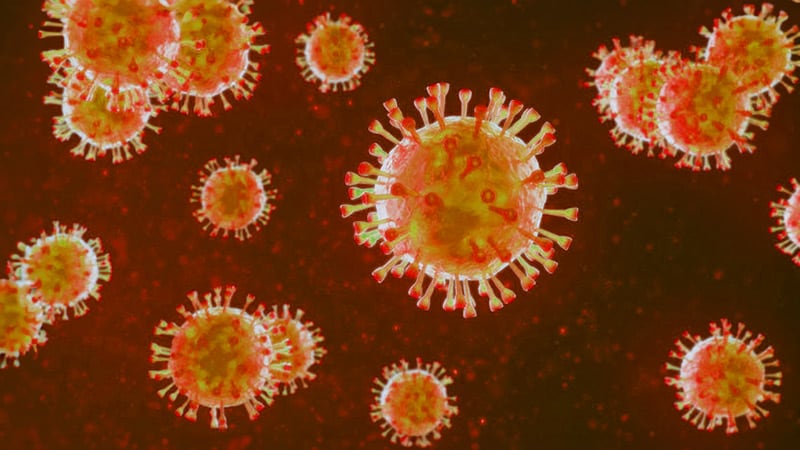TOPLINE:
Severe mental illness (SMI) has been linked to a 50% increased risk for all-cause mortality risk after COVID-19, a large population-based study suggests.
METHODOLOGY:
-
Investigators analyzed data from the Clinical Practice Research Datalink database, which contains health information on 13.5 million patients receiving care from family practices in England and Northern Ireland.
-
The study included participants with SMI, including schizophrenia, schizoaffective disorder, and bipolar disorder.
-
Participants were aged 5 years or older with a SARS-CoV-2 infection recorded between February 1, 2020, and March 31, 2021, spanning two waves of the pandemic.
-
Death rates among participants with SMI and COVID-19 (n = 7150; 56% female) were compared with those in a control group of participants without SMI who had been diagnosed with COVID-19 (n = 650,000; 55% female).
TAKEAWAY:
-
Participants with SMI and COVID-19 had a 53% higher risk for death than those in the non-SMI control group (adjusted hazard ratio [aHR], 1.53; 95% CI, 1.39-1.68).
-
Black Caribbean/Black African participants were more likely than White people to die of COVID-19 (aHR, 1.22; 95% CI, 1.12-1.34), although ethnicity was not recorded in 30% of participants.
-
After SARS-CoV-2 infection, for every additional multimorbid condition, the aHR for death increased by 6% in the SMI group and 16% in the non-SMI group (P = .001). Some of these conditions included hypertension, heart disease, diabetes, kidney disease, depression, and anxiety.
IN PRACTICE:
“From a public health perspective, our study has emphasised the need for early and timely preventative interventions (e.g. vaccination) for the SMI population. Future studies are needed to disentangle the complex biological and psychosocial factors, and healthcare pathways, that have led to the greater mortality rates in the SMI population,” the authors write.
SOURCE:
Jayati Das-Munshi, MD, of Kings College London, led the study, which was published online October 25 in the British Journal of Psychiatry. The study was funded by the Health Foundation.
LIMITATIONS:
COVID-19 may have been underdiagnosed or underreported in the records studied. Also, investigators did not have information about cause of death.
DISCLOSURES:
As reported in the original article, one author received funding from Janssen, GSK and Takeda. All other authors declared no conflicts of interest.
For more news, follow Medscape on Facebook, X (formerly known as Twitter), Instagram, and YouTube
Source: Read Full Article






